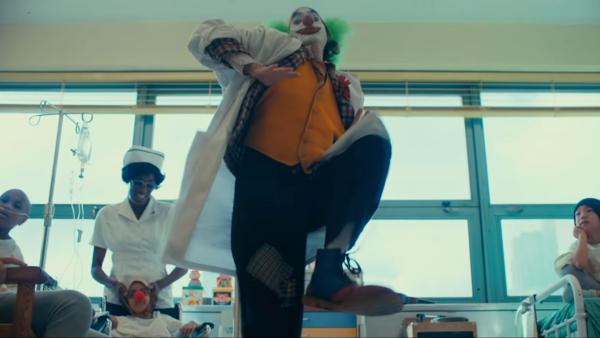The Dark Truth Of The Joker Movie
2. The Power Of Mental Health Destigmatisation

We've seen in the trailers that Arthur WAS in treatment, but his counsellor - seemingly exasperated by a lack of progress or simply doing what the reality of some counselling is, checking boxes and moving him on - ends that treatment. He's clearly not in a place that suggests his therapy ought to be ended. All he has is negative thoughts. As he said in the first trailer, the most difficult part of being mentally ill is people insisting you appear not to. That's paraphrasing, but it's the sentiment that counts.
What is Joker is also a mirror for our own failings. Not just the demonisation of people with mental health issues - the establishment of lines that make them "other" or "exotic" in a terrifying way - but a systematic failure to help that leads them to the sort of thing that Arthur turns to. It should occur to us all that even when the media is attempting to distinguish whether terrifying terrorist atrocities are the result of mental health issues or if they're the result of radicalisation that it could be both. That in saying the answer lies with only the former and failing to help with it, we make the latter even more of a danger?
That definitely feels like something that could be explored here. Perhaps it's wishful projecting on my part, but it's a conversation that needs to be had, and using the Joker as a reflection of some very pressing real world issues is a huge opportunity.
Worryingly though, there's also a possibility here that this is all going to be misappropriated. In fact, it seems like Arthur's mental illness is going to be misappropriated in the film as he gets involved in the "we are all clowns" movement and then becomes a self-appointed figure-head of it. And there's a big hint of how he's going to do that too.
Continued on next page...